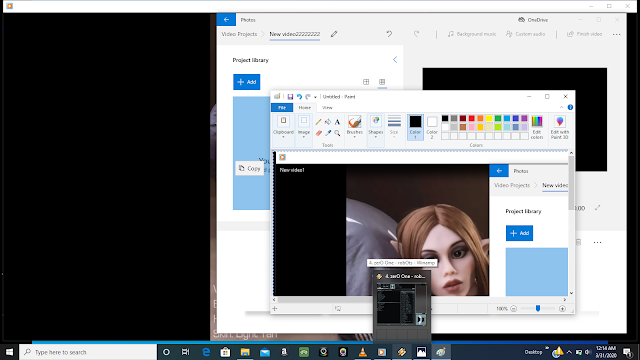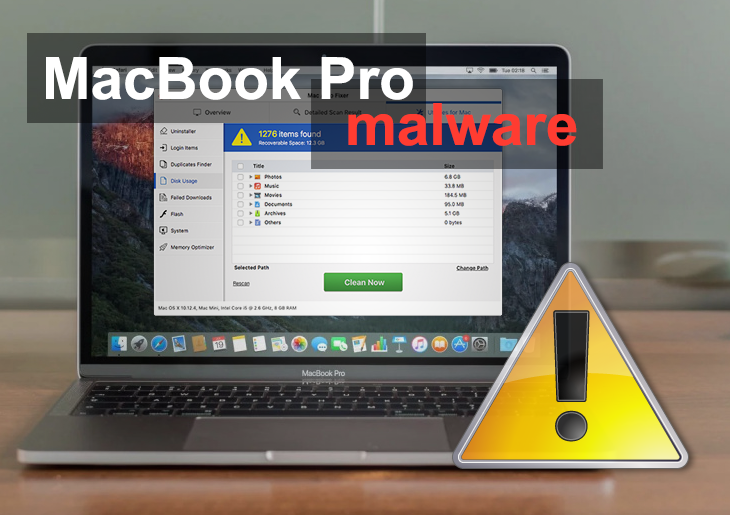
- MAKE A VIRUS FOR A MAC ON WINDOWS 10 UPDATE
- MAKE A VIRUS FOR A MAC ON WINDOWS 10 WINDOWS 10
- MAKE A VIRUS FOR A MAC ON WINDOWS 10 PC
Yes, it’s easy to say to yourself that because you might have been using unprotected Macs for a decade or more and “never had a problem”, you can safely carry on in much the same way for years to come. Don’t overlook the value of Apple anti-virus programs
MAKE A VIRUS FOR A MAC ON WINDOWS 10 PC
That ‘popularity’ factor – and the awareness among attackers that Mac owners tend to be wealthier than the average PC user, in light of the sheer expensiveness of their machines – is making the Mac a more attractive target with each passing month and year.

MAKE A VIRUS FOR A MAC ON WINDOWS 10 WINDOWS 10
However, that latter observation does need to be considered in a current context of Windows 8 and Windows 10 being widely hailed as the most secure Windows operating systems to date, as well as the fact that Mac market share in wealthy Western countries has now reached around 20-30%. There is increasing disagreement with this, however: according to a report by Malwarebytes in March 2018, Mac malware grew by over 270% last year, while Business Insider has even claimed that Macs are now more vulnerable to viruses and attacks than Windows PCs. The longstanding perception that Macs are harder to exploit than Windows PCs remains a widespread one, and this is thankfully helping to keep attacks relatively low.
MAKE A VIRUS FOR A MAC ON WINDOWS 10 UPDATE
Who remembers, for example, the Flashback vulnerability in Java back in 2012, which affected over 500,000 Macs and forced Apple to step in with a security update for OS X Lion to patch the problem? Or the iWorm malware in 2014, which managed to create a botnet consisting of almost 20,000 members? The KeRanger encryption malware also caused some fuss in 2016, prompting the Tom’s Guide website to declare: “Mac ransomware is real”. Let’s not pretend that Macs haven’t been hacked or infected before – not least when there’s so much evidence to show us that this isn’t the case. With the latest iterations of its iconic OS incorporating such touches as frequent updates, the Gatekeeper that prevents the inadvertent installation of malicious software, and anti-phishing technology in Safari, you might think the Cupertino firm is continuing to do a darned peachy job of keeping any nasties from getting into its machines.

So even if the metaphorical ‘fire’ breaks out in your Mac in the form of malware somehow penetrating the machine, you can have a lot of confidence that it’ll be restricted to one room, unable to progress any further.įurthermore, it’s hardly as if Apple has become complacent down the years about security. If you’re not exactly technical, think of a sandboxed operating system in this way: it’s akin to a building in which seemingly every door is a fire door. MacOS continues to be a Unix-based operating system, for example, which means it retains the same basic ‘sandboxed’ structure that has helped to give Apple operating systems such a generally impeccable security reputation thus far. What is true is that many of the fundamental historical reasons for the robustness of Macs against viruses, malware and other security threats do still apply fairly strongly in 2018. They can just carry on their merry way, using their Mac, exposed to the elements, and that’s that.

There has long been a school of thought that Apple devices in general are so inherently secure compared to their Microsoft counterparts, that owners don’t need to worry about protection. Still the original and best from a security perspective? However, the more in-depth truth is founded in the drastically changed security landscape of the late 2010s, at least as much as it is in anything to do with the trusty Mac itself, or Apple’s many and formidable measures designed to keep its computers watertight.

They’re nothing like Windows.” That was the kind of conversation that would be customary this time 10 years ago, anyway. It’s a familiar refrain on Apple support forums and in Apple Stores across the world: “Does a Mac need anti-virus software?” “No, Macs don’t get viruses” or “No, Macs are among the most secure computers on the market.


 0 kommentar(er)
0 kommentar(er)
